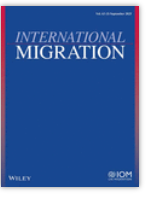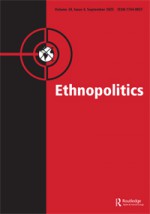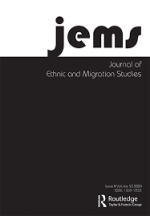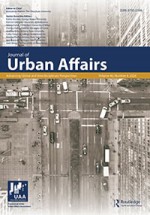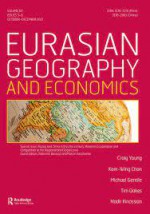Translating EUrope’s Return Migration Regime to The Gambia: The Incorporation of Local CSOs
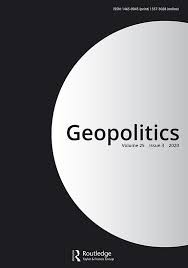
The end of a long-standing autocratic regime in The Gambia renewed EUrope’s geopolitical interest in the externalisation of (return) migration management to the West African country. Since 2017, EUrope has financed several programmes implemented by a combination of international and local actors. Analysing original qualitative data through the lens of the sociology of translation (SoT) offered by actor-network theory (ANT), this paper explores the incorporation of locally owned civil society organisations (CSOs) within the socio-material network of externalisation. As such, it engages with the understudied perspective of Southern implementers in the context of migration management. In our analysis, we put central two notions of SoT: interessement and enrolment. With the first, we show how the development and migrant-protection interests of locally owned CSOs are brought in alignment with the EUropean objective of curtailing irregular migration. This process of interessement is never complete, but leaves room for excess positions, which here correspond to the locally owned CSOs’ criticism of EUrope’s appropriation of Gambian natural resources, practical organisation of migration management and excessive immobilisation of Gambians. The notion of enrolment refers to the processes of negotiation addressing part of these excess positions. Even with enrolment being successful, locally owned CSOs keep imagining, and to some extent, performing alternative ways of dealing with migration. Such alternative thinking and practicing will overtake the EUropean only if multiple and stable connections arise around it. Our ANT-driven analysis demonstrates that local implementers endorse EUropean migration management because they broadly see it as beneficial; yet, with their criticism, requests and imagination, manage to limitedly alter it, and may, potentially, transform it.

